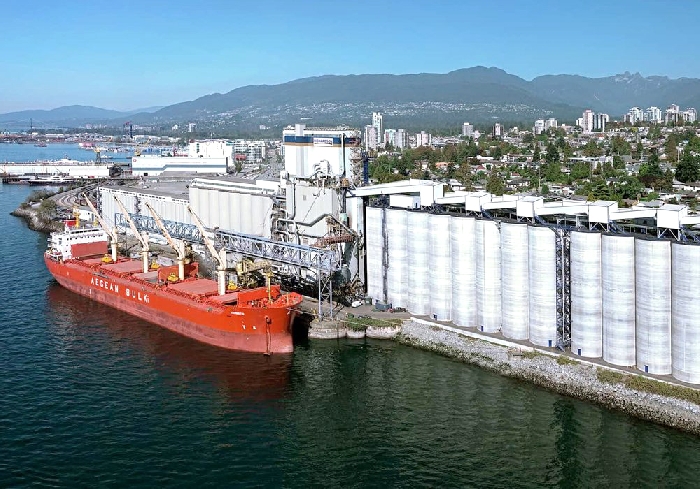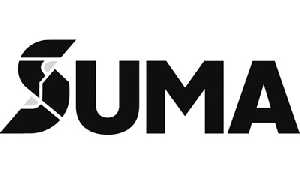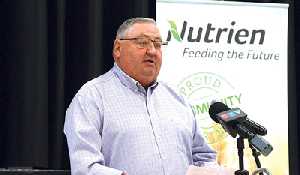China blocks Richardson canola exports
Reports suggest that China has begun to block shipments of canola from Richardson International.
March 6, 2019, 11:49 am


One of Canada's largest canola exporters has confirmed that China has revoked the company's permit to export product to the country as a diplomatic feud between Canada and China escalates.
The loss of the export permit for Richardson International Ltd. comes as Ottawa moves to proceed with the extradition hearing of Huawei Technologies Co. Ltd. executive Meng Wanzhou.
The Canola Council of Canada says news about the blocked exports to China, the destination for about 40 per cent of Canada's canola exports, hurts the entire value chain of industries involved in the market.
"We are aware of challenges our exporters have faced shipping to China -- these are concerning as they create instability and add costs," said spokeswoman Heidi Dancho.
She said that while diplomatic frictions are concerning, there is no clear evidence they are related to the current challenges.
Neil Townsend, senior market analyst at FarmLink, however, said he thinks there's a definite link to the Huawei case.
"There's no doubt China's mad at us," he said.
China's move hits a vital crop to Western Canada, and comes after canola prices have already been hit by China's retaliatory tariffs on U.S. agricultural exports.
The industry should be concerned because if China cuts back on buying it would hit prices further, said Townsend.
"With China kind of saying -- because they're mad about the Huawei thing -- they're basically saying like oh we're not going to buy any more. So now there's going to be more canola left over at the end of the year, which is going to hurt prices for the remainder of this year, and into the next growing season and year."
He said he suspects Richardson was targeted since it's the largest exporter that is fully Canadian owned.
Several other majors in agricultural exports are subsidiaries of global conglomerates, though Parrish and Heimbecker and Paterson Grain are also Canadian owned.
The permit revocation, first reported by Reuters, comes as Beijing has warned of serious consequences if Meng is not released.
A March 4 report from Chinese state media accused former Canadian diplomat Michael Kovrig and entrepreneur Michael Spavor -- both of whom were detained by Chinese authorities shortly after Meng's arrest -- of trying to steal state secrets from the People's Republic of China.
Minister of Agriculture Marie-Claude Bibeau said in a statement that the government is closely monitoring the situation and any potential impact on Canada's agricultural trading relationship with China.
She said the Canadian Food Inspection Agency conducted further investigations after China issued notices of non-compliance on some imports and said the agency confirmed they have not identified any pests or bacteria of concern.
"We continue to be a supplier of high-quality canola to China and will work with China to resolve this issue as quickly as possible," said Bibeau.
As the diplomatic dispute between China and Canada intensified, Beijing has detained two Canadians working in China, and on Monday accused one of them of stealing Chinese state secrets passed on to him by the other.
There had already been reports last month that Canadian canola shipments to China had been slow to clear customs amid the dispute.
China buys C$2.5 billion ($1.88 billion) of Canadian canola per year, and a slower pace of sales would mean another hit for exporters, which include Viterra and Cargill Ltd.



































